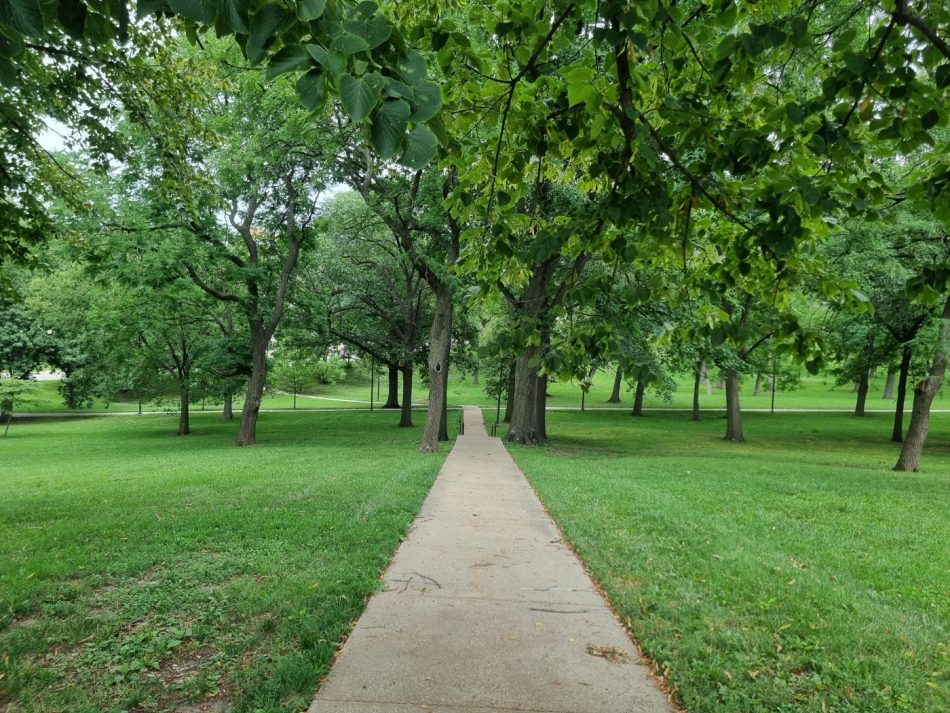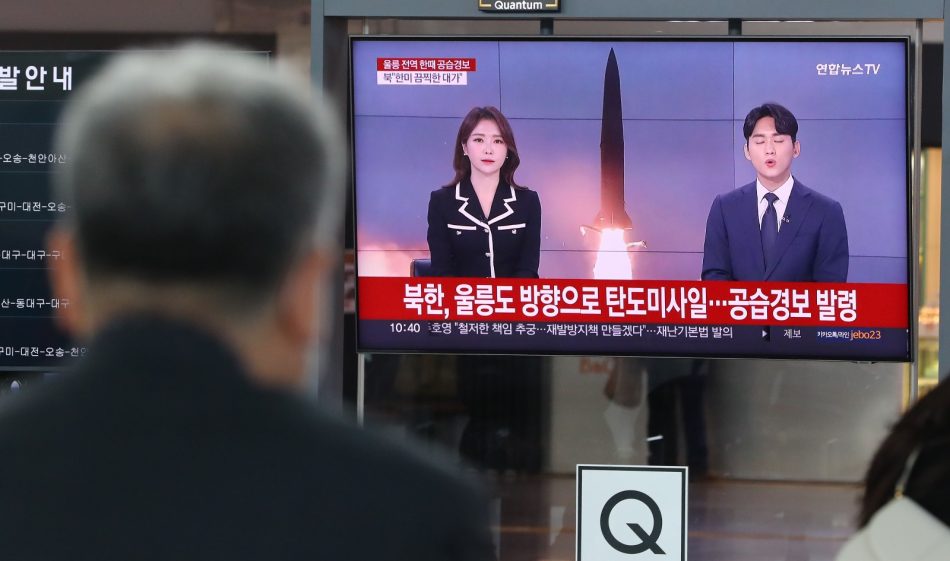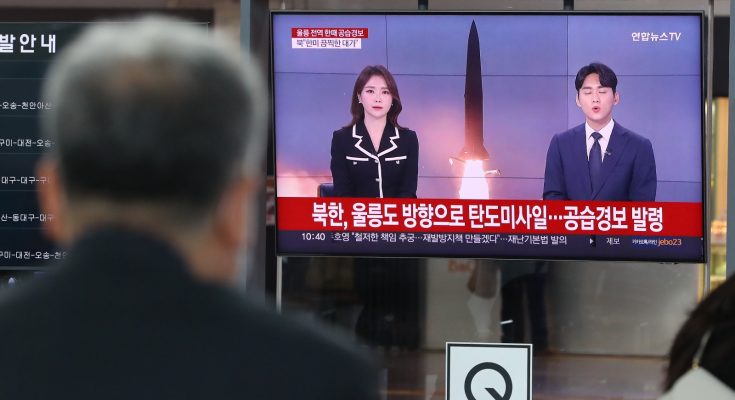It was a lovely morning in July in Lawrence, Kansas. Sunshine streamed through the window of my bedroom, and birds sang joyfully. However, I woke up with anxiety and concern. As soon as I got out of bed, I checked the balance of my U.S. bank account with my cell phone. Nothing had changed. I realized that the due date for paying my apartment lease deposit and one month’s rental fee was in three days. I called my wife in South Korea and asked her to complete the wire transfer at the Korean bank.

After arriving in the United States in June, I needed to secure a house for my family in Phoenix for a 10-month stay. I found a nice one-bedroom apartment in downtown Phoenix and signed the leasing contract. Since I didn’t have a social security number here, they charged me thousands of dollars for the deposit and one month’s rental fee. To cover the cost, my wife had to transfer money from her Korean bank to my U.S. bank account. The problem was that I still hadn’t received the money even though she had sent it a week ago.
I double-checked the information of my U.S. bank, such as the account and routing numbers, and even the spelling of my name, which I had provided to her. Everything was correct. Normally, it takes around three days for wire transfers between different countries, as far as I know. This situation was completely against my understanding. Without paying the money online, there was another option: I needed to go to the bank and buy a cashier’s check under the scorching sun in Phoenix, then deliver it to them in person before my move-in date. What an annoying task!
That night, my wife called and explained the reason why the wire transfer was pending. Surprisingly, this happened because of my official Korean name, Seok Ha Hwang. Her Korean bank informed her that a U.S. intermediary bank had to verify my identification due to a man with the same name as me in North Korea. He had been involved in developing nuclear weapons there, and the UN Security Council had imposed sanctions on him in 2009. Thanks to this horrible man, I spent a week in uneasiness and apprehension. Could my grandfather, who gave me the name, ever have imagined that his grandson would encounter trouble because of that name 42 years later in the U.S.?

Honestly, I’ve never experienced North Korea’s existence so closely before, as it is now affecting my personal life directly. South and North Korea have been in a military confrontation since the Korean War in 1950. People in other countries might consider the Korean Peninsula one of the most dangerous areas in the world. It wouldn’t even be surprising if war broke out between the two Koreas today. However, South Koreans have grown accustomed to living under the threat of North Korea. They don’t even become restless when North Korea conducts nuclear tests or launches intercontinental ballistic missiles. I can say I was also one of them when I was in South Korea.
I don’t know how to describe this feeling in the U.S., which is 7,000 miles away from the Korean Peninsula. Perhaps I’m not the only person who has experienced such issues in the U.S. My name isn’t very common among Koreans, which means that other South Koreans might also face problems when transferring money between banks due to sanctioned North Koreans who share their names. Fortunately, I received the money two days before my payment due date, and I hope this won’t happen again in the future.




